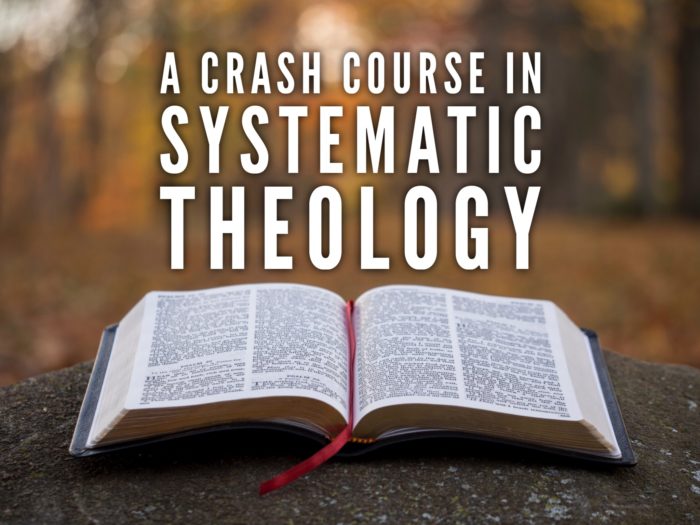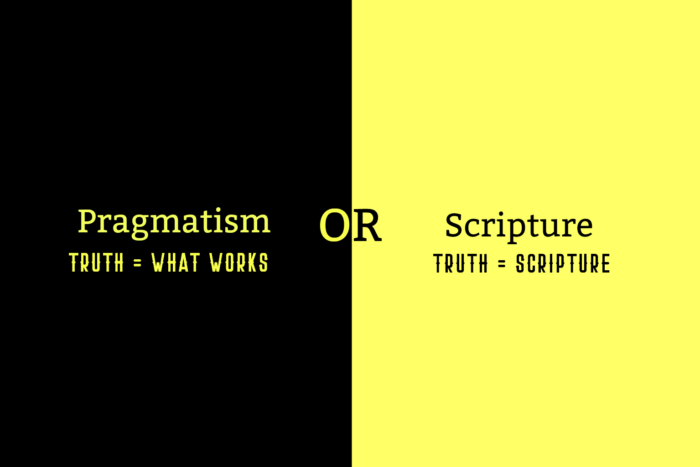God’s Battle Plan for the Mind
A few months ago, we were able to visit the church where my brother pastors. Many of you know him as Pastor Dean as I’ve shared quite a few things here on the blog by him. In the lobby, I found a mini bookshelf with about ten books that he recommends to his congregation for reading. One of the books caught my attention. It’s title was God’s Battle Plan for the Mind and it was written by David Saxton. The subtitle was: The Puritan Practice of Biblical Meditation.
Kind of like he’s hijacked the symbol of the rainbow, Satan has also hijacked this word “meditation”. So I was interested in reading about the biblical view of meditation. Just what did the Puritans have to say about it?
I picked up the book and paged through it. I saw that, for a small donation, I could purchase the book and so I decided to do just that. Now, I have a bit of a problem. I buy a LOT of books and read so few of them. I have the best of intentions but there are just SO many that I’d like to read. I’ll never have enough time.
But I started reading this one almost immediately and it was so incredibly useful and insightful that I kept right on reading until it ended. I was rather sad for it to end. I find that it’s always hard to come to the end of any good book, no matter what genre it is.
I highly recommend this book. Here are the links for your benefit (I get no proceeds from these links but provide them simply for your convenience). The Paperback edition can be found on Amazon or, for $5 less, you can get it at Christianbook.com You can also get the kindle version here or the ebook version here.
Of course, I do recognize that the majority of you, for whatever reason, will probably never read it. And so I decided to take a few moments today to share a few of its best quotes and ideas, so that all my readers can benefit at least a bit from this book.
When I read a book, I keep a highlighter pencil (they don’t bleed onto other pages) and sticky tabs next to me. I mark things that really make me think or that I want to remember. This book has a lot of tabs sticking out from it. It will be hard to choose what to share.
These days meditation is pretty much understood to be the eastern, mystical practice of “emptying the mind.” But this is in complete opposition to what scripture teaches us. Here are some thoughts on biblical meditation that I hope will encourage you not only in its importance, but also in its practice. Quotes from the book are in italics.
What is the danger of an empty mind? Henry Scudder explains:
When you are alone, be sure that you are well and fully exercised about something that is good, either in the works of your calling, or in reading, or in holy meditation or prayer. For whensoever Satan does find you idle, and out of employment in some or other of those works which God has appointed, he will take that as an opportunity to use you for himself, and to employ you in some of his works. (p. 41)
What about devotions? Is this the same thing as biblical meditation? Well, not necessarily. The author puts it like this:
Meditation and spending time with the Lord is like a good meal–it takes time to prepare and time to enjoy. Many Christian devotions resemble a person who is wolfing down a burger while driving on the freeway. However, our time with the Lord should look more like a couple who enjoy each aspect of a seven-course meal. (p. 57)
This thought really struck me because it is easy to have our devotions or quiet time just another thing to be checked off of our to-do list. How often do I view it as something to be cherished and savored? Something special rather than something I “have” to do? This was so convicting to me.
Why is meditation important? What good does it do? I’ve really been thinking about this as I have started to give more effort to memorizing scripture in the past few months. I am not as regular or dedicated as I want to be but I am taking baby steps in the right direction. One thing I have noticed about this is how often the words I have memorized will come to me in a situation just when I need them. If I am anxious, I will find Philippians 4:6-7 or Matthew 6:34 ease my mind. If I am going for a second piece of cake, Proverbs 25:16 will leap to mind. If I am worried about the future, Psalm 37:23-24 will come to mind. The truth is that: Unless we really spend time hiding the Word in our hearts–either through memorization or deeply reflecting on what we read, our spiritual growth will be seriously hindered.
Thomas Watson puts it like this–
“without meditation the truth of God will not stay with us; the heart is hard, and the memory slippery, and without meditation, all is lost.” (p. 66)
Saxton continues–
Although many read the Bible with giving meditation any merit, this is the only way to read the Bible in a completely profitable way. This will bring lasting change and spiritual growth. The believer reads scripture not for the reading itself but to consider its various truths. This gives power to the Scriptures to impact life. Watson wrote:
“Meditation without reading is erroneous; reading without meditation is barren. The bee sucks the flower and then works it into the hive, and so turns it into honey. By reading we suck the flower of the Word, by meditation we work it into the hive of our mind, and so it turns to profit…The reason we come away so cold from the reading of the Word is because we do not warm ourselves at the fire of meditation.” (p. 66)
Isn’t this so true? Bible reading is so much sweeter and profitable when we take some time to chew on what we have read, rather than to read distractedly so we can move to the next thing. Memorizing takes it even a step further and keeps the Word in our minds to chew on when we have a spare moment.
Why should we meditate? What’s the big deal? I greatly appreciated this quote by the author–
Without redeeming the time through godly meditation, one will be overcome with the evil of the age and be left vulnerable to polluted, depraved thoughts that incessantly seek a mind upon which to work their evil. Christians come into the faith with a sandstorm of carnal baggage swirling around in their minds. No believer will overcome the effects of mental pollution without using his time to continually renew himself. Christians who refuse to use their time to meditate upon the Word are as foolish as an army sentry without bullets or a fireman without a water source. (p. 101)
Oh, how true! Aren’t we so much more protected from the evil within our own hearts and the wickedness of the world around us when we are in the Word and meditating upon it?
___________________________
I have so many more quotes and thoughts I could share from this book but I think this is probably enough to chew on for today. I hope I have whetted your appetites and that some of you will consider reading it. I really think you will be glad you did!
God has created a great defense in the battle for our minds and it is biblical meditation. Don’t let the word “meditation” and Satan’s abuse of it scare you from practicing it in the way God intended.










